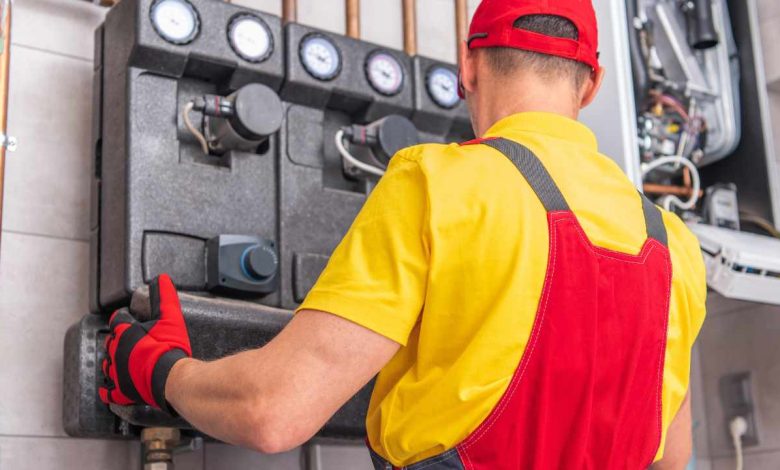Heater Services: Upgrading to Modern, Efficient Systems
Heater Services: Upgrading to Modern, Efficient Systems

In today’s fast-paced world, where energy efficiency and sustainability are paramount concerns, upgrading your heater system can offer numerous benefits. Modern heaters not only provide superior performance but also help in reducing energy consumption and environmental impact. This comprehensive guide will delve into the world of heater services, focusing on upgrading to modern and efficient systems.
Introduction
Heater services have evolved significantly over the years, with advancements in technology paving the way for more efficient and eco-friendly systems. In this article, we will explore the importance of upgrading to modern heaters and how it can enhance both comfort and sustainability in your home or office.
Importance of Efficient Heaters
Efficient heaters play a crucial role in maintaining a comfortable indoor environment while minimizing energy waste. They help lower utility bills and reduce carbon footprint, contributing to a greener planet. Upgrading to modern heaters ensures better heat distribution, improved control over temperature settings, and enhanced overall performance.
Traditional vs. Modern Heaters
Energy-Saving Benefits
Modern heaters are designed to be highly energy-efficient, using advanced technologies such as heat pumps and smart thermostats. Compared to traditional heaters, they consume less electricity or fuel while delivering optimal heating output. This not only saves money in the long run but also reduces environmental impact.
Types of Modern Heaters
Heat Pump Systems
Heat pumps are a popular choice for efficient heating and cooling. They work by transferring heat from one location to another, using minimal energy in the process. Heat pump systems are versatile, offering both heating and cooling capabilities, making them a cost-effective and environmentally friendly solution.
Smart Thermostats
Smart thermostats are revolutionizing the way we control indoor temperatures. They learn your heating preferences, adjust settings automatically, and can be controlled remotely via smartphone apps. Smart thermostats optimize energy usage, ensuring comfort when needed and conservation when not in use.
Choosing the Right Heater
Factors to Consider
When upgrading your heater, several factors need to be considered, including the size of your space, insulation levels, climate conditions, and budget constraints. Consulting with HVAC professionals can help you choose the right heater that meets your specific needs and preferences.
Installation Process
Professional vs. DIY
While some heater installations can be done as DIY projects, complex systems like heat pumps or smart thermostats are best handled by certified professionals. Professional installation ensures proper setup, safety compliance, and optimal performance, giving you peace of mind and long-term reliability.
Maintenance Tips
Extending Heater Lifespan
Regular maintenance is key to extending the lifespan of your heater. This includes cleaning or replacing air filters, checking for leaks or malfunctions, lubricating moving parts, and scheduling annual inspections. Proper maintenance not only ensures efficient operation but also prevents costly repairs down the line.
Cost Considerations
Budget-Friendly Options
Upgrading to a modern heater doesn’t have to break the bank. Many energy-efficient models are available at various price points, offering features like programmable settings, zoning capabilities, and eco-friendly operation. Consider long-term savings in energy bills when investing in a new heater system.
Environmental Impact
Eco-Friendly Heating Solutions
Modern heaters contribute to reducing carbon emissions and environmental impact. By choosing energy-efficient models and implementing smart heating practices, you can play a part in mitigating climate change and preserving natural resources for future generations.
Conclusion
In conclusion, heater services encompass a wide range of options for upgrading to modern and efficient systems. From heat pump technologies to smart thermostats, the choices available can significantly improve comfort, energy savings, and environmental sustainability. By considering factors like installation, maintenance, cost, and environmental impact, you can make informed decisions to enhance your heating experience.









